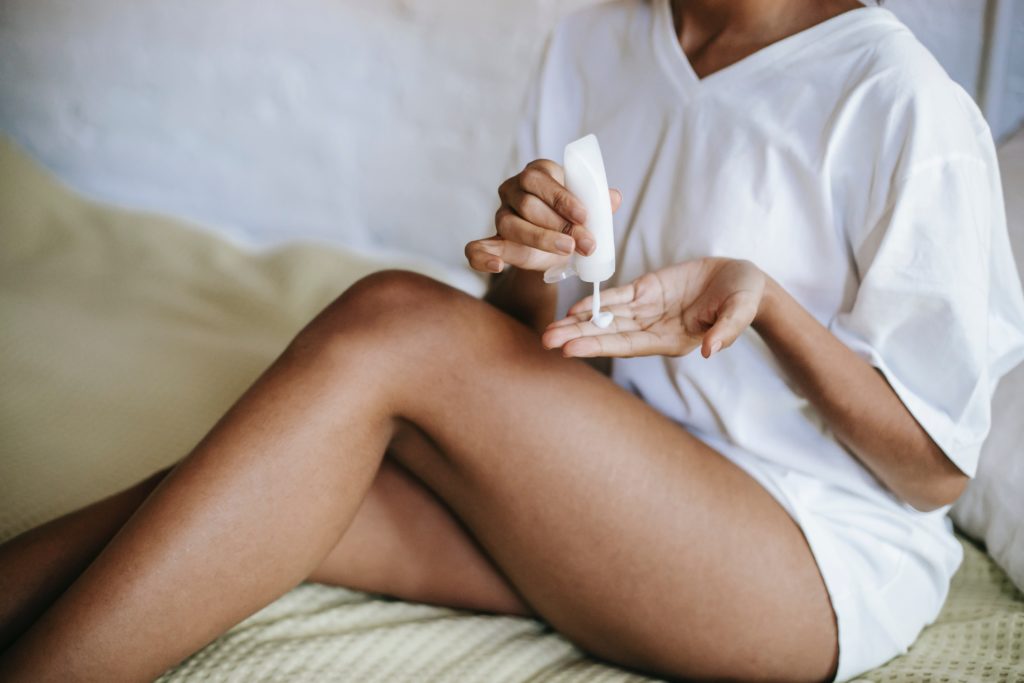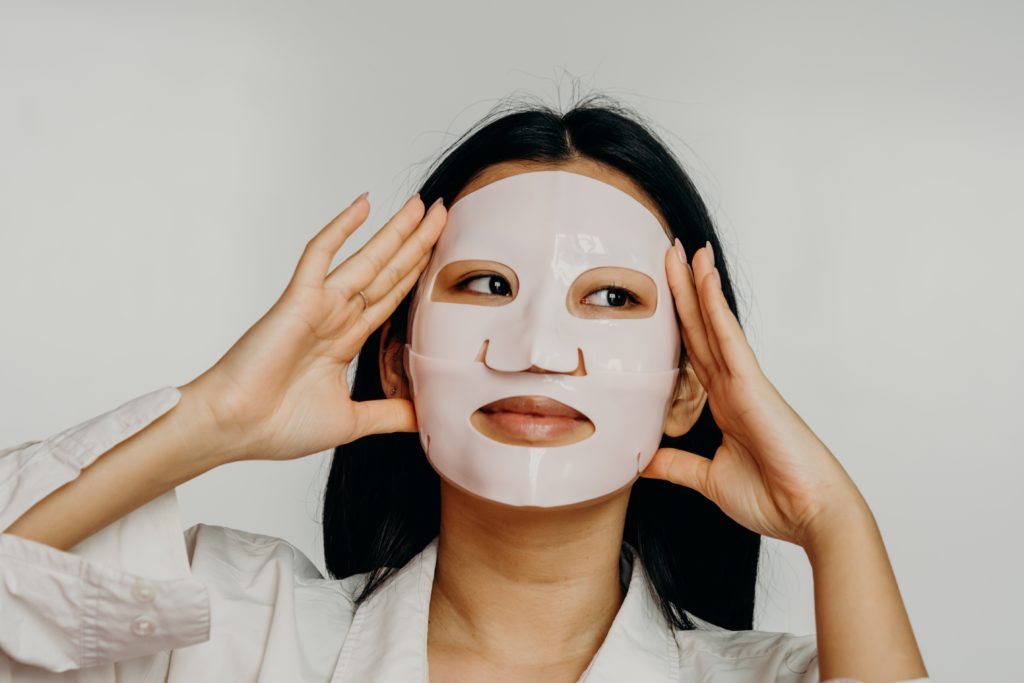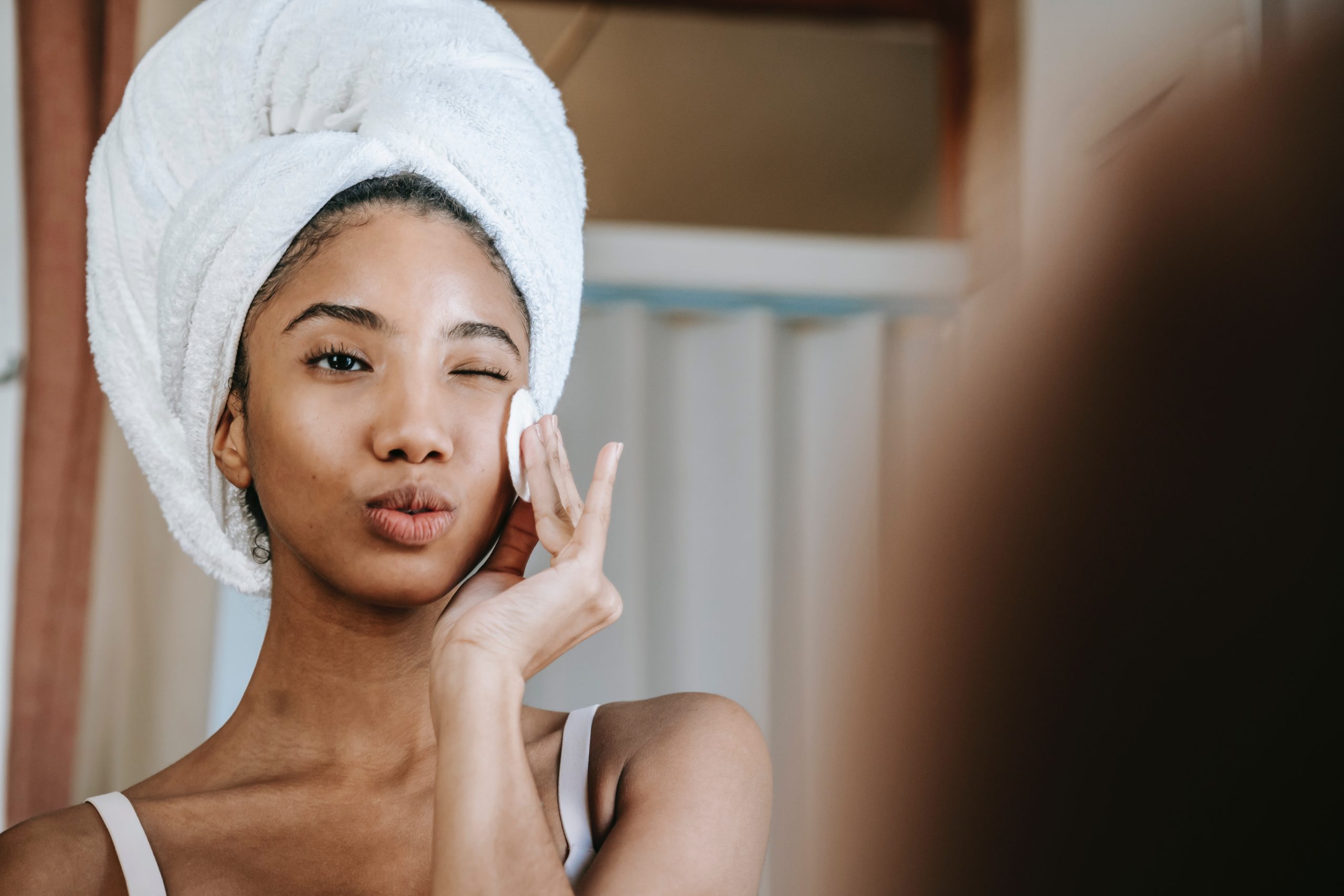As the temperatures rise and the sun shines brighter, summer is a season that many of us eagerly look forward to. But while we may love the long, sunny days, our skin doesn’t always share the same sentiment.
Summer weather can be tough on our skin, causing it to become dry, oily, or even sunburned. That’s why it’s important to adjust our skincare routine to cater to the changing needs of our skin during this season.
In this guide, we’ll explore the key factors to consider when changing your skincare routine for summer and provide practical tips on keeping your skin healthy and radiant all season long.
1. Assess Your Current Skincare Routine
Assessing your current skincare routine is an important first step in changing it for the summer season. By understanding what you’re already doing, you can identify areas that need adjustment and determine which products to add or remove from your routine.
To assess your current skincare routine, identify all the products you use daily. This includes your cleanser, toner, moisturizer, sunscreen, and any other treatments or serums you use. Take note of the active ingredients in each product, as well as any fragrances or potential irritants.
Next, consider how these products work for you in the current season. Are they providing enough hydration and protection for your skin? Do they feel too heavy or oily in hot and humid weather? Are they addressing your specific concerns, such as acne or hyperpigmentation?
Finally, consider any issues you have with your skin during the summer months. Are you more prone to breakouts or sunburns? Does your skin become more oily or dry? Identifying these concerns will help you choose products that address them effectively.
2. Adjusting Your Cleansing Routine
Adjusting your cleansing routine is essential to changing your skincare routine for the summer. In the summer, your skin produces more oil and sweat, which can lead to clogged pores and breakouts. You can keep your skin clean, clear, and healthy by making a few changes to your cleansing routine.
Choosing a Summer-Appropriate Cleanser
The first step is to choose a summer-appropriate cleanser. Look for a gentle, non-drying cleanser that can effectively remove dirt, oil, and sweat without stripping your skin of its natural oils. Avoid using harsh, foaming cleansers that can be too drying for your skin in the summer.
Adjusting the Frequency of Cleansing
Next, adjust the frequency of cleansing. You may need to cleanse your skin more frequently in the summer than in the winter. This is especially true if you have oily or acne-prone skin.
Try cleansing your skin twice daily, in the morning and at night, to keep it clean and fresh. If you have dry or sensitive skin, stick to once a day or every other day, depending on your skin’s needs.
Using Exfoliation Into Your Routine
Using exfoliation into your routine is also crucial for summer skincare. Exfoliating your skin helps remove dead skin cells and unclog pores, preventing breakouts and making your skin look brighter and more even.
However, it’s essential to be gentle when exfoliating and not overdo it, as this can cause irritation and dryness. Aim to exfoliate once or twice a week, using a gentle exfoliating scrub or a chemical exfoliant like alpha or beta hydroxy acids.
3. Moisturizing Your Skin

Moisturizing your skin is an important step in any skincare routine, especially during the summer months when the heat and humidity can leave your skin feeling dehydrated. Here are some tips to help you effectively moisturize your skin during the summer:
Choosing a Lightweight Moisturizer
Heavy creams and lotions may feel too heavy on the skin during summer, leading to clogged pores and breakouts. Instead, opt for a lightweight, oil-free moisturizer that will hydrate your skin without leaving a greasy residue.
Look for ingredients like hyaluronic acid or glycerin, which help to draw water to the skin and keep it hydrated.
Using a Hydrating Mist or Serum
Adding a hydrating mist or serum to your routine can help boost your skin’s moisture levels and provide a refreshing burst of hydration throughout the day. Look for a product that contains ingredients like aloe vera, rosewater, or cucumber extract, which can soothe and hydrate the skin.
Applying Sunscreen as a Part of Your Moisturizing Routine
Sun protection is crucial during the summer months, so make sure you’re applying a broad-spectrum sunscreen with at least SPF 30 daily as part of your moisturizing routine.
Look for a lightweight, non-greasy formula that won’t clog your pores, and be sure to reapply every two hours if you’re spending time outdoors.
4. Addressing Specific Summer Skin Concerns
Summer is when the skin is exposed to different environmental factors, such as increased heat and humidity, direct sunlight, and more outdoor activities. As a result, specific skin concerns may arise during this season. Here are some tips for addressing three common summer skin concerns:
Treating Sunburns and Irritation
Sunburns are a common issue during summer, and they can cause redness, pain, and peeling. The first step in treating sunburns is to soothe the skin.
You can do this by applying cool compresses or taking a cool bath. Avoid using hot water, which can further irritate the skin. You can also use aloe vera gel to calm and moisturize the skin.
If the sunburn is severe, you may need to use over-the-counter pain relief medication or see a healthcare provider.
Preventing Breakouts Caused by Sweat and Oil
Sweat and oil can clog pores, leading to breakouts. To prevent this, cleanse your skin regularly, especially after sweating. Use a gentle cleanser that won’t strip the skin of its natural oils.
You can also use a toner or astringent to remove excess oil. Avoid touching your face with your hands, as this can transfer bacteria and oil to the skin. Use non-comedogenic sunscreen to protect your skin without clogging your pores.
Dealing With Hyperpigmentation Caused by Sun Exposure
Hyperpigmentation refers to dark spots or patches on the skin caused by sun exposure. To prevent hyperpigmentation, use sunscreen with an SPF of at least 30 every day. If you already have hyperpigmentation, use a brightening serum or cream containing ingredients such as vitamin C or niacinamide.
These ingredients can help reduce the appearance of dark spots and even skin tone. However, it’s important to be patient, as hyperpigmentation can take some time to fade. Avoid harsh scrubs or exfoliants on the affected area, as this can irritate the skin and worsen hyperpigmentation.
5. Supporting Your Skincare Routine With Lifestyle Changes

Supporting your skincare routine with lifestyle changes can significantly improve the health and appearance of your skin. Here are some important lifestyle changes to consider:
Staying Hydrated
Drinking plenty of water is essential for healthy skin. It helps to keep your skin hydrated, plump, and glowing. Your skin can become dry and dull when you don’t drink enough water. You should drink at least eight glasses of water daily, and more if you are active or in a hot climate.
Eating a Skin-Friendly Diet
A healthy diet is crucial for good skin health. Eating a diet rich in fruits, vegetables, and lean protein can give your skin essential nutrients, vitamins, and antioxidants that promote healthy skin. Avoiding processed foods, sugary drinks, and alcohol can help to prevent inflammation and breakouts.
Protecting Your Skin From Direct Sunlight and Heat
Sun exposure can cause premature aging, sunburn, and even skin cancer. You should wear protective clothing, hats, and sunglasses outside, and use a broad-spectrum sunscreen with at least SPF 30.
Additionally, avoiding prolonged exposure to direct sunlight, especially during peak hours, can help to prevent sun damage.
Conclusion
Changing your skincare routine for summer is essential to keep your skin healthy and glowing during the hot and sunny season. You can address summer-specific skin concerns and achieve a radiant complexion with the right products and adjustments.
Remember to assess your current routine, adjust your cleansing and moisturizing products, address specific summer skin concerns, and support your skincare with lifestyle changes.
Frequently Asked Questions (FAQs) on Changing Your Skincare Routine for Summer
1. Why is it important to change my skincare routine for summer?
During the summer, changes in temperature, humidity, and exposure to sunlight can affect your skin. Changing your skincare routine can help address these changes and ensure your skin remains healthy and hydrated.
2. What common skin issues can arise during the summer?
Some common skin issues during the summer include sunburn, dehydration, oily skin, breakouts, and hyperpigmentation.
3. How should I adjust my cleansing routine for summer?
In summer, choosing a gentle, hydrating cleanser that doesn’t strip the skin of its natural oils is important. Consider using a cleansing balm or oil to help remove sunscreen and sweat. You may also need to cleanse more frequently if you sweat a lot.
4. What type of moisturizer should I use during the summer?
During the summer, switch to a lightweight, oil-free moisturizer that provides hydration without feeling heavy or greasy. You can also incorporate a hydrating mist or serum to boost hydration.
5. Do I still need to wear sunscreen during the summer if I’m not spending much time outside?
Yes, you should wear sunscreen even if you’re not spending much time outside. UV rays can still penetrate windows and cause damage to your skin. Look for broad-spectrum sunscreen with an SPF of 30 or higher, and reapply every two hours if you’re outside.
6. How can I prevent breakouts during the summer?
To prevent breakouts during the summer, cleanse your skin regularly, avoid touching your face, and use oil-free or non-comedogenic sunscreen and skincare products. You may also want to use a salicylic acid or benzoyl peroxide product to help control oil and prevent breakouts.
7. Can I still use retinol during the summer?
Yes, you can still use retinol during the summer, but you may need to adjust your usage. Retinol can make your skin more sensitive to the sun, so it’s important to use a broad-spectrum sunscreen during the day and apply retinol at night. Use retinol every other day or decrease the concentration to avoid irritation.
8. What are some lifestyle changes I can make to support my summer skincare routine?
To support your summer skincare routine, drink plenty of water, eat a healthy diet of antioxidants and omega-3 fatty acids, and avoid direct sunlight during peak hours. To minimize sun exposure, you can also wear protective clothing and accessories like hats and sunglasses.



